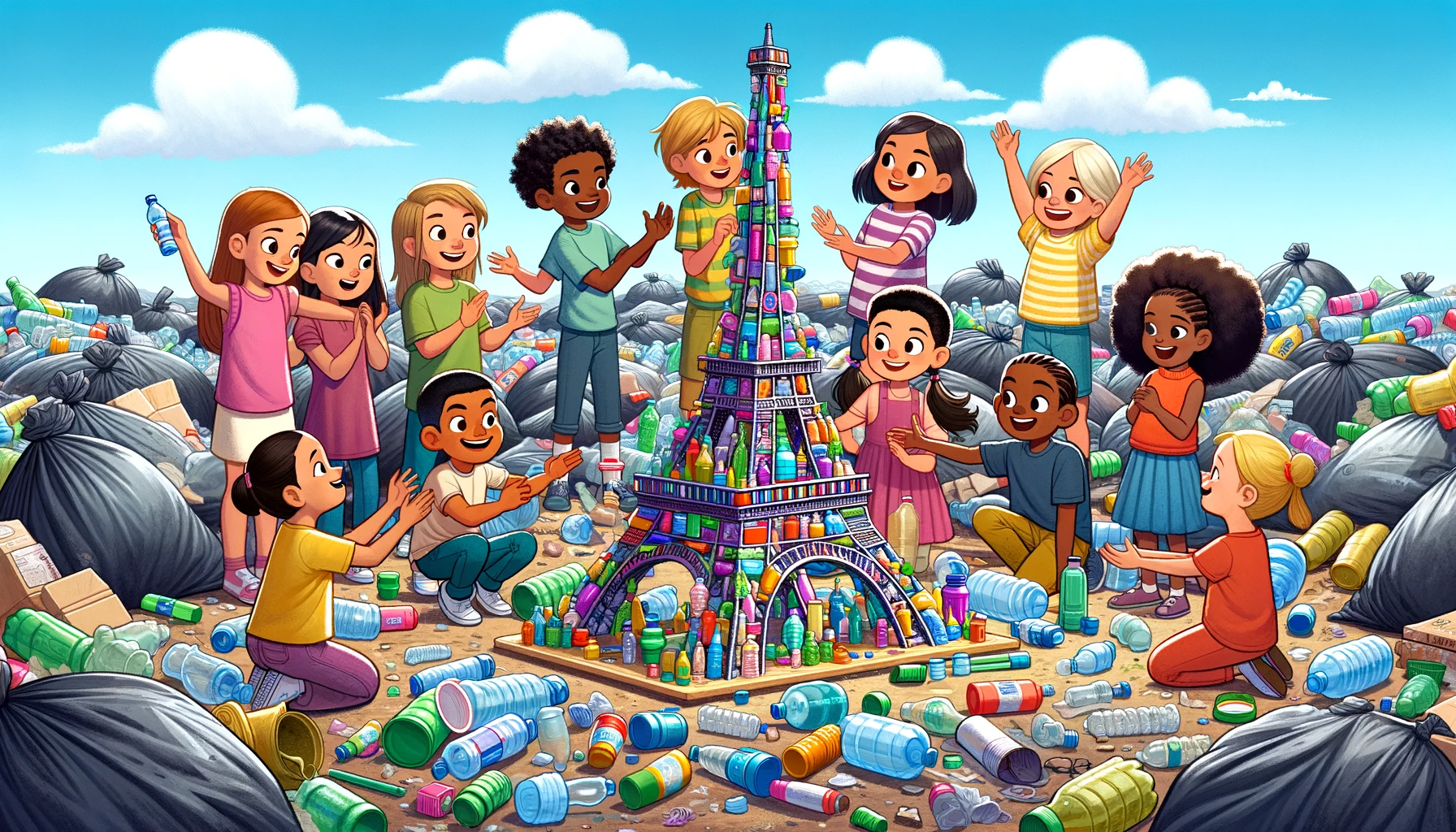Fall 2023 (21st Century Debate Research):
Banning Single-Use Plastics
Every few months (seasonally) the 21st Century Debate Institution releases a series of debate topics for students to debate at our online (and eventually in-person) events.
This topic is for both “Public Forum” & “Skills” debate.
For more information about upcoming contests, and how you might participate, please use the “events calendar” from the above menu. Or you can click here: Upcoming Events.

[WINTER 2024 (JAN-FEB)]
Public Forum Debate Topic
The U.S. federal government should ban single-use plastics.
Please use this research page to learn about the “Single-Use Plastic” topic. Many of the videos and articles listed below are a requirement of the class, yet please feel encouraged to use your own research skill to find other interesting sources of information to add to your topic knowledge.
Thank you!
BACKGROUND
[Paraphrased] The issue of plastic bag litter is leading to more discussions about banning plastic bags. However, people have different opinions on whether this is a good idea. A study was done by reading a lot of articles to see the good and bad points of banning plastic bags. The study shows that banning plastic bags hasn’t been very successful. This is because there aren’t good alternatives to plastic bags, it’s hard for governments to check if people are following the ban, and there’s a “black market” for plastic bags. Also, the companies that make plastic bags are very powerful and sometimes try to say it’s the shoppers’ fault, not theirs. The study suggests we need a big plan for the whole world to handle the problem of plastic bags. This plan should look at all kinds of plastic, like straws, foam plastics, bottles, and caps, not just shopping bags. Most research says that plastic shopping bags won’t stop being used soon because they are really useful. So, the study recommends finding ways to make and use plastic bags without harming the environment, like recycling. The study also says that letting communities and people choose to help the environment themselves might work better than just banning plastic bags. In places like Finland, this has helped people learn how to take care of the environment. — Waste Management & Research, March 2022
Banning Single-Use Plastics (PRO)
Protecting the Environment: Stopping the use of throwaway plastics helps our environment. This protects animals, plants, and oceans. When plastic is thrown away, it can harm nature a lot.
Increasing Public Health: Plastics contain harmful chemicals that get into our food and water. Using fewer plastics means keeping ourselves safer from these chemicals. Also, making and throwing away single-use plastics causes air pollution. If we stop using them, we can make the air cleaner.
Improving the Economy: The ban would challenge companies to find new, cost-effective materials. This leads to innovation and environmentally friendly products that otherwise might not have been created. It will also create new types of businesses, which can help our economy grow.
Banning Single-Use Plastics (CON)
Business and Job Impact: Stopping the use of single-use plastics might harm businesses that depend on making these plastics and, as a result, people could lose their jobs. This could cause a severe economic impact, especially for communities connected to the plastic industry.
Lacking Affordable Alternatives: There’s a significant challenge in finding cost-effective and efficient substitutes for single-use plastics. This problem is likely to cause inconvenience and force compromises in product quality. Additionally, the shift to sustainable alternatives often brings high initial costs, creating financial strain for both consumers and businesses.
Unintended Environmental Impact: Some alternatives to single-use plastics may have their own environmental drawbacks, such as higher energy consumption in production. This is significant because the probability that the ban will be effective in reducing the environmental impact is low.
REQUIRED RESEARCH (VIDEOS & ARTICLES)
We ask that you watch all of the videos and read all of the articles and take light notes about the topic that you are researching. When everyone in class has watched/read the materials, it makes the learning better. We encourage students to do their own research in addition to the research provided (assuming you have time).
Required Research (Videos):
[Video] The Problems with Single-use Plastics,
Next Generation Science, May 2, 2023 [3 min].
[Video] Plastic Pollution: Humans are Turning the World into Plastic, Kurzgesagt, July 1, 2018 [9 min].
[Video]/[Website] Plastic Disaster: An Ocean Pollution Documentary,
Award Winning Short Film, CSU-Domingo Hills, November 9, 2017 [10 min].
[Video] Who is polluting the ocean with plastic?,
The Economist, October 11, 2023 [16 min].
Required Research (Articles):
[Article/PDF] Single-Use Plastics 101,
National Resources Defense Council, January 9, 2020
[Article/PDF] California’s new plastics law could be a game changer, National Geographic, July 7, 2022.
[Article/PDF] Are bans the solution to plastic pollution?,
Enhesa, Last Accessed: December 2023.
[Article/PDF] Plastic packaging ban ‘could harm environment’,
BBC News, January 8, 2020
OPTIONAL RESEARCH (VIDEOS & ARTICLES)
Please consider watching/reading the following research areas in order to prepare for upcoming events.
Optional Research (Videos):
Later!
Optional Research (Articles):
Later!
ADDITIONAL RESEARCH (Evidence & Arguments)
Here are some potentially useful outlines for evidence, arguments, & rebuttals/rejoinders.
Later!
Contact Information
Bill Eddy,
Email: BillEddy@21stCenturyDebate.org
Phone: 714.655.8135 (I prefer text)
Note: When contacting me, please include your name and class information (day/time). Thanks!
